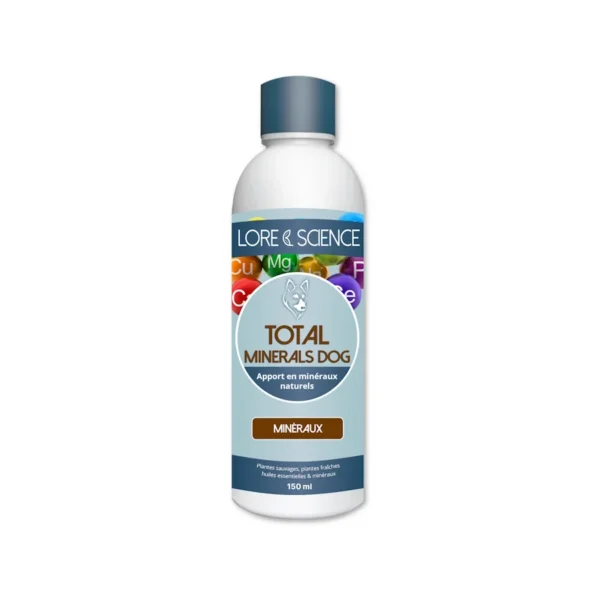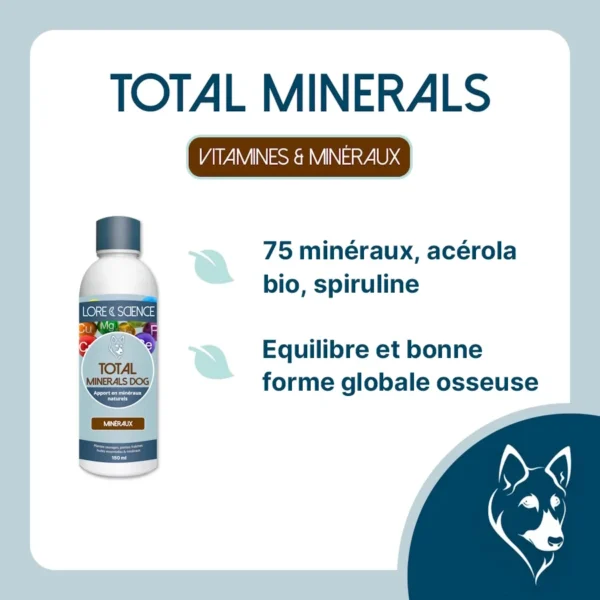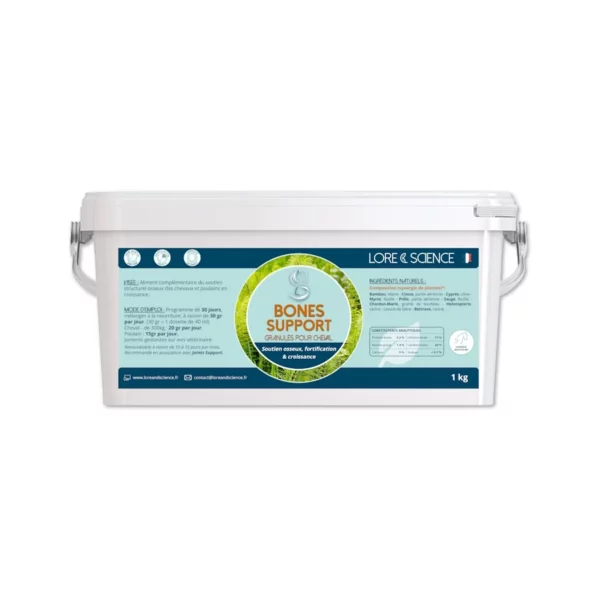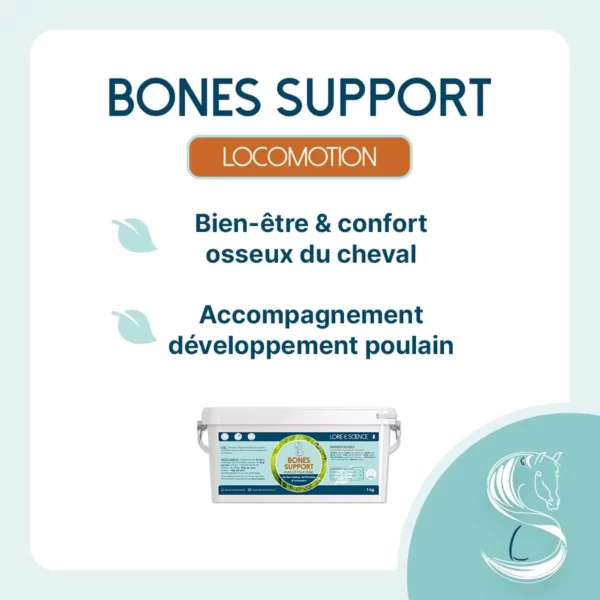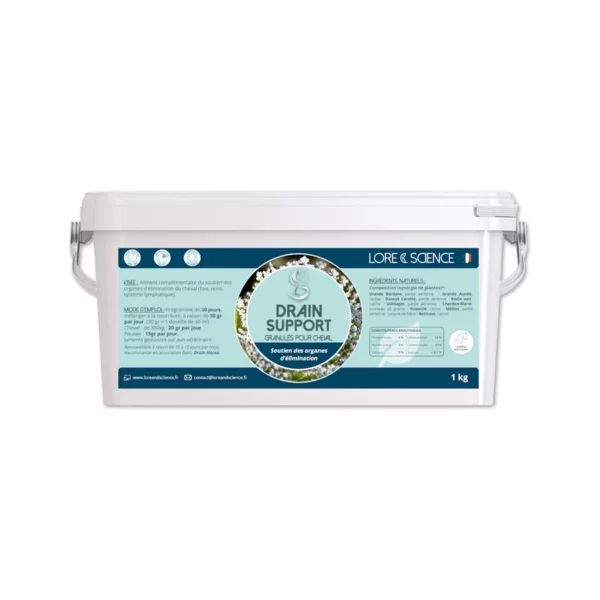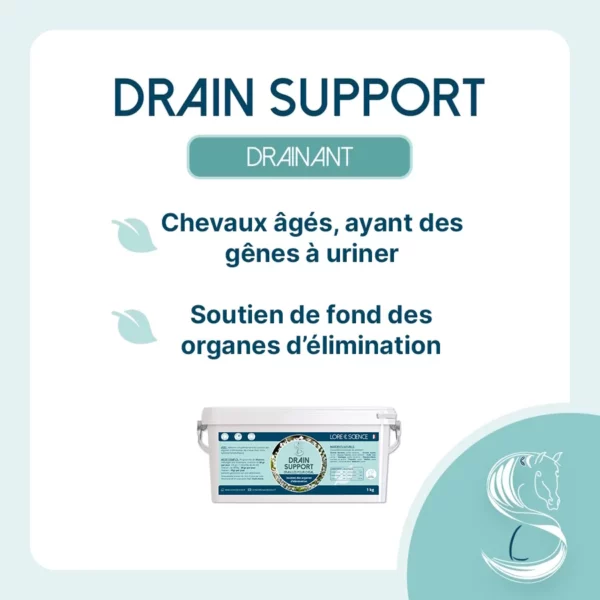Does my dog need bones? Can we give him bones regularly? Is it good for his health?
We explain the importance of bones to cover the dog's mineral needs for his health.
Many dog owners ask themselves these questions:
Does my dog need bones and why?
In order to understand the dietary needs of dogs, we need to get as close as possible to what canines eat in the wild. And even if we think that our dogs are far from the origins of wolves, foxes and other wild dogs. Their ancestral genetics are still present and it is this that makes their instincts speak.
Wolves and canids in the wild have their own way of feeding, as wolves have been extensively studied.
Wolves and wild dogs eat their prey in the following order:
1 the intestine in order to reseed their intestinal flora, which will allow them to fully assimilate the rest of their meal. This will allow them to properly metabolize vitamins and minerals and also to feed on predigested plants.
2 the liver, heart and lungs to take advantage of the vitamins that are widely present there.
3 They will cover their protein needs by eating red meat, especially the thighs, as this is where the highest levels of good protein (ten amino acid chains) are found.
4 And finally, they will quietly gnaw away at cartilage and bone to supplement themselves with minerals.
Do dog foods meet their needs as well as nature does?
Well, no and far from it, and without taking away the good intentions of the dog food manufacturers or the hardcore cooks. Let's face it: not everything is in kibble, nor is it in household food or Barf food for dogs
Despite our best efforts, we cannot meet the daily nutritional needs of our dogs.
If we go back to the feeding chronology of the canid in the wild, we can see that the first stage is already not well filled.
1 - The reseeding of the intestinal flora before each meal, the strategic operation that will make the dog assimilate its food bowl, metabolize vitamins and minerals, is very often absent from the formulations of dog food. (see article on the intestinal flora of dogs...)
Let's leave the following steps aside and move on to the subject of this article: minerals.
Minerals (also known as trace elements), which are much needed by dogs, are not found in sufficient quantities in the diet.
What are the dog's mineral requirements?
Let's be very clear, the dog's need for minerals is enormous, it is much more important than the human need (not to be neglected).
For example, concerning calcium, numerous scientific studies have shown that a dog weighing 30 kilos generally needs about 3 times more calcium than an adult man weighing 80 kilos.
I supplement my dog with calcium, is that enough?
Still not because each mineral needs the others to be used correctly by the dog's body.
How do I know if my dog is mineral deficient?
The question no longer arises, we now know that if a dog is not supplemented with minerals, it will inevitably be deficient and its health will therefore be reduced.
Mineral deficiencies, any repercussions?
The following is a short, non-exhaustive list of the likely impacts of mineral deficiencies:
Bone fragility in dogs or growth problems in puppies (calcium, phosphorus, magnesium deficiency)
Premature osteoarthritis in dogs
Atopic dermatitis and other skin problems (zinc deficiency)
Overweight dogs, muscle weakness, metabolic disorders and a tendency to diabetes, caused by pancreatic dysfunction (chromium, zinc, silver and magnesium deficiency)
Dogs with brittle, worn, damaged teeth.
A stressed dog (magnesium deficiency)
Sick dog, various health problems due to immune weakness (deficiency of all minerals).
Our health advice
It is essential today to understand that for his health, we must supplement our dog in minerals, because all his needs are not found in the food. We have developed a natural food supplement, Total Minerals Dog, specifically rich in 75 natural minerals, to make up for mineral deficiencies in dogs.
Give your opinion by reacting in the comments ↓


